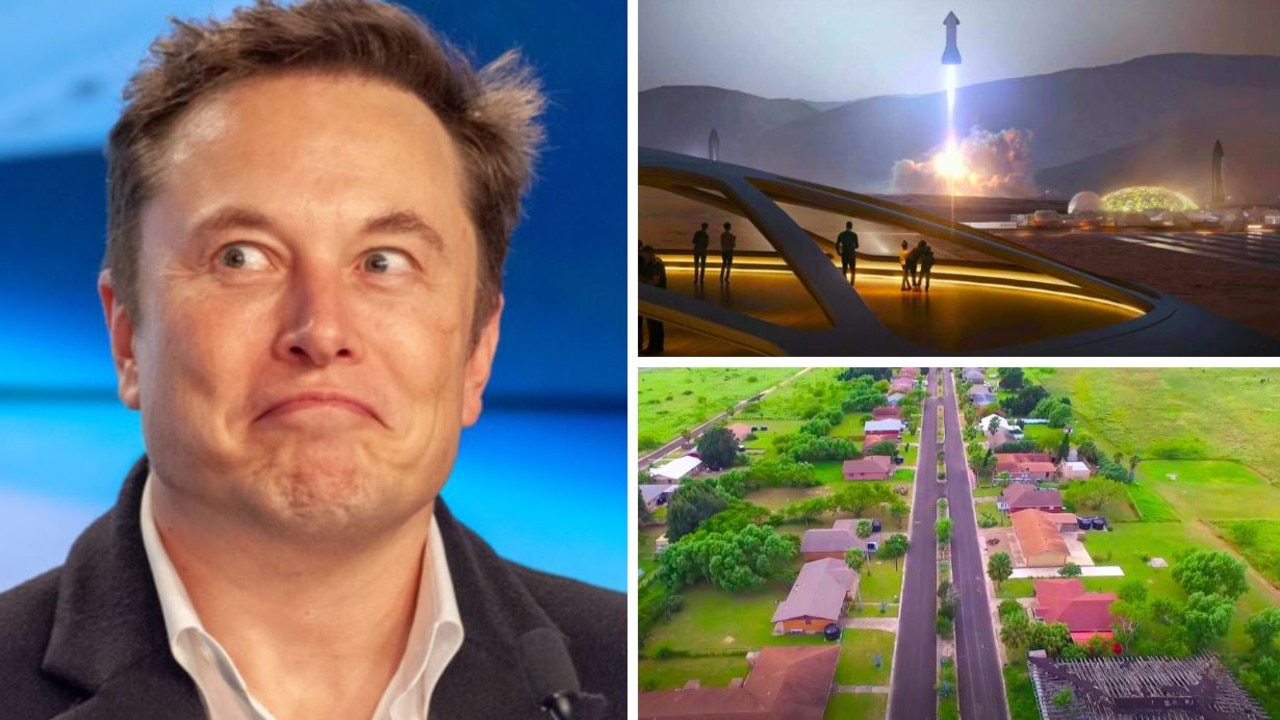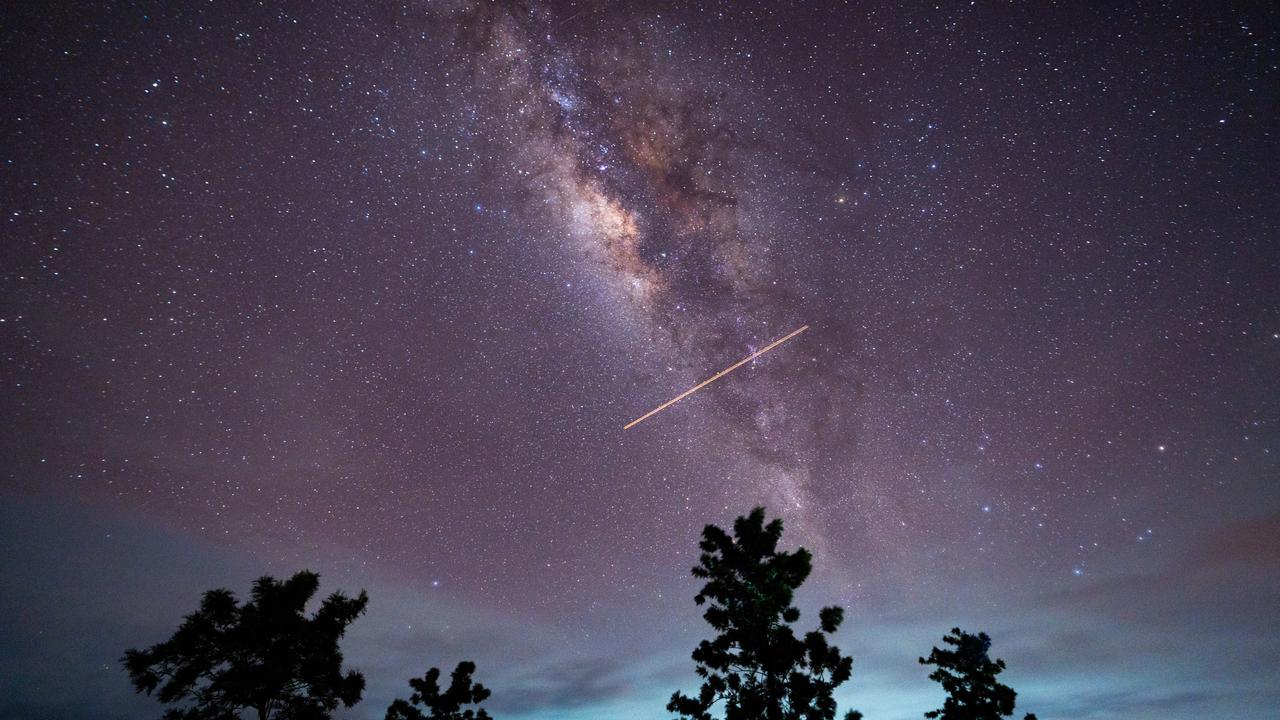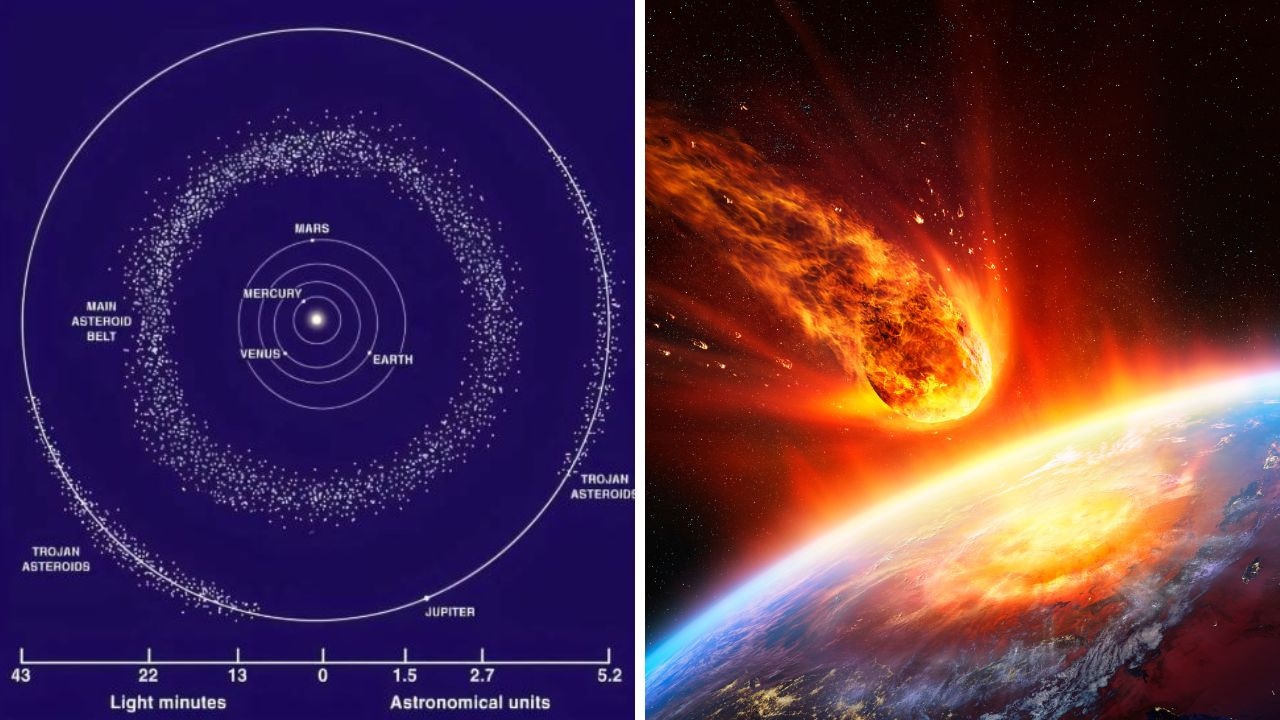How the Crimea crisis could leave NASA stranded in space
AS TENSIONS between Russia and Ukraine rise on the ground, the ripples could be felt all the way up in outer space to leave NASA without a ride.

THERE’s a crisis brewing between Russia and Ukraine but it could end up affecting NASA and leaving its astronauts stranded without a ride to space.
Since NASA retired its space shuttle back in 2011, it has relied on Russia and its Soyuz rockets to get astronauts to and from the International Space Station.
An article in Popular Mechanics posed the question what would happen if Russia refuses to fly US astronauts?
Should the Crimean situation escalate and America has to step in it to give Russia a talking to and they don’t take too kindly to it, it could result in NASA astronauts no longer being welcome aboard Russian space craft, despite the US paying $70 million per trip.

Sadly for NASA there are no other options. They are currently working with companies and commercial partners to re-establish post-shuttle space transportation but these are years off completion.
Not only would this mean those American astronauts currently floating in space could be searching for a way home, but also there may not be future US astronauts packing their bags for space for some time. Or until the unrest eases.
There is the chance the US-owned Space Launch System could hold hope but that isn’t due for launch until 2021 and only then will be able to fly every four years.
The more feasible options are private companies like SpaceX, Boeing or CCiCap, which NASA has been subsidising to build manned spaceships. Elon Musk’s SpaceX has already sent cargo to the ISS and is looking to fly with crew by 2017.
Depending on what happens with Crimea and how America getS involved (if at all) there is hope that activities on Earth won’t influence what happens in space. The ISS is an international partnership between 14 countries and has space agreements to cooperate and promote peace.
When NASA chief Charles Bolden was asked to comment on the US/Russia space relationship he said:

“Right now, everything is normal in our relationship with the Russians,” Bolden said.
“We continue to monitor the situation,” he said, but stressed repeatedly that the US-Russian “partnership in space remains intact and normal.”
“People lose track of the fact we have occupied the ISS now for 13 consecutive years uninterrupted and that has been through multiple international crises,”
So it seems using space access as political leverage is unlikely. Even during the Cold War there were mission between Russia’s Soyuz and America’s Apollo.



